Drew Tucker, Westerville, OH
Warm-up Questions
- Have you ever had to move to a new home?
- If so, what was that like?
- If not, what do you imagine are the biggest challenges to moving?
Finding a New Home
Recently, both on social media and in political discourse, the city of Springfield in Ohio has gotten a lot of attention. A viral TikTok accused Haitian immigrants of stealing and eating pets in the area. Despite the fact that Springfield police, Haitian community leaders, and local residents from across the political spectrum all deny these unfounded accusations, the story has become a talking point throughout the internet and in the 2024 presidential campaign.
What’s particularly sad about this is that it ignores how a rustbelt city and refugees found a new home together. Springfield is a place that, like many midwestern towns, was abandoned by manufacturers in the late 20th century, leading to population decline and poverty. Over the past few decades, residents of Haiti have faced political instability as well as natural disasters that led many to immigrate to the United States. Haitians, along with Cubans, Nicaraguans, and Venezuelans, are able to do so under a special immigration process allowed for humanitarian benefit.

This photo of downtown Springfield, featuring a sign that says “Welcome to Our City,” comes from the AP article linked above.
As Haitians began to settle in Springfield, the increased population brought increased need for basic amenities. Since employment is expected of immigrants, this also increased the number of taxpayers. This has led, in turn, to a redevelopment of downtown Springfield and increased investment by both public and private investors. Together, immigrants and longtime residents found a new place together in a renewing Springfield. Of course, that’s not without complications. Bringing different cultures together, in the midst of shifting employment opportunities and economic trends, can highlight challenges.
And yet, citizen and refugee alike are finding ways forward together in Springfield. In this Ohio hamlet, all of them are finding and making a home.
Discussion Questions
- What does it feel like to find a place or a community where you fit comfortably?
- What does it feel like when people make assumptions or false accusations about your community?
- How about your neighbors?
- How about you?
Fifteenth Sunday After Pentecost
Text links are to Oremus Bible Browser. Oremus Bible Browser is not affiliated with or supported by the Evangelical Lutheran Church in America. You can find the calendar of readings at Lectionary Readings.
For lectionary humor and insight, check the weekly comic Agnus Day.
Gospel Reflection
In this week’s Gospel, Peter makes a bold move. Peter tells God “no.” It’s not a move I would recommend!
To be fair, we don’t know exactly what Peter said to Jesus. All we know for certain is that Peter “rebuked” him.
To be rebuked is a specific kind of response. It’s more than a correction, and way beyond a question. A rebuke is particularly strong. A rebuke comes from a place of perceived authority, supposedly undergirded by wisdom. Being rebuked isn’t just being told that you’re wrong. It is critical disapproval, if not outright disappointment.
And Peter rebuked Jesus.
So though we don’t know exactly what Peter said, it’s clear that it wasn’t good. Let’s just imagine for a minute the times that we’ve been rebuked by someone. What did they say from that position of supposed authority, with theoretical wisdom, that communicated their dissatisfaction. You’ve got that in your mind?
Now imagine saying that to Jesus. Yikes.
Peter didn’t understand his role. He didn’t recognize the boundaries at hand.
To be clear, this doesn’t mean that Christians should never question God. After all, in just the last chapter, a SyroPhoenician mother held Jesus accountable to his promises and his theology. She challenged him to remember the good news he preached and Jesus responded, not with a rebuke, but with affirmation.
So Peter’s failure here is not in questioning God. It’s assuming authority over God. What gets Peter in trouble is that he tries to lead, rather than follow.
Peter’s confusion is understandable. After all, Jesus just suggested that he’s going to die. Peter’s been told the Messiah can’t possibly die. Plus, from his experience, no person can rise from the dead. Further, Peter knows this kind of talk is economically dangerous. More than that, it’s politically absurd, risking condemnation of chief priests and Roman officials alike. This all puts their movement at risk and Peter doesn’t want that.
But here’s the problem. To tell God “no,” or otherwise rebuke God, presumes a kind of pride. It indicates we’re trying to take God’s place in our lives. That we know better than God. We don’t, and to presume so is dangerous.
That’s why Jesus’ response is “get behind me, Satan.” Peter is out of line and Jesus invites him back into place.
The name Satan, while harsh, is simply a response in kind: Jesus rebukes Peter’s rebuking. More than just the Devil’s proper name, satan is the Hebrew word for adversary. By calling Peter “Satan,” Jesus points out that Peter’s left the position of disciple and taken up the position of Jesus’ opponent. Though harsh, Jesus doesn’t condemn Peter, but calls him back into the place of a disciple. Jesus rebukes Peter in kind to emphasize the importance of what is to come. Jesus also makes sure Peter knows he has a place in it.
Discussion Questions
- Have you ever had someone speak to you harshly in a way that was helpful?
- Describe a time when you, or someone you know, tried to take God’s place of leadership in your life. What was that like?
Activity Suggestions
- In a group, use an activity that requires everyone to pay attention to the leader’s actions or instructions. Games like “Simon (or Simone) Says” and “Following the Leader” are both good examples. Another option is to use a simple worksheet that emphasizes the importance of reading and understanding directions. A number of options are available here.
- Use a prayer journal to respond to the following prompts:
- Where is it most difficult for you to follow God’s leadership?
- How do you wan to grow as a disciple?
- Imagine you’re in Peter’s place, having just been rebuked by Jesus–after rebuking him first! How would you want to respond to Jesus?
Closing Prayer:
God of Wisdom, we ask forgiveness for the ways we refuse to follow you. We also ask for the courage to appropriately ask questions when we don’t understand. Help us to find our places as your disciples. Empower us to embrace your leadership, even if it challenges our assumptions of what you can and will do. Most of all, remind us that with you, all things are possible. We pray this in your name, Jesus: Amen.

